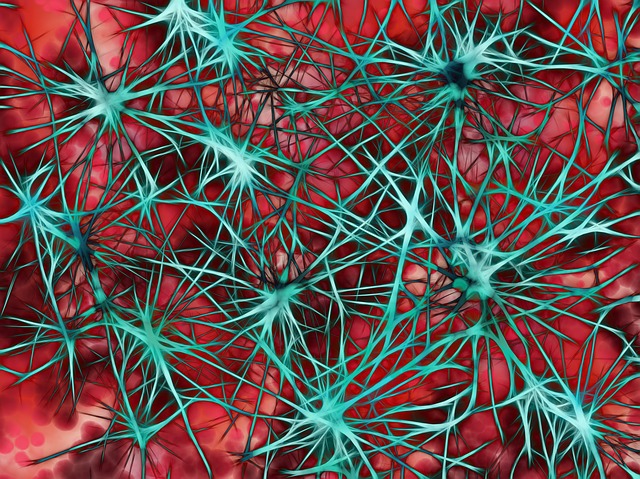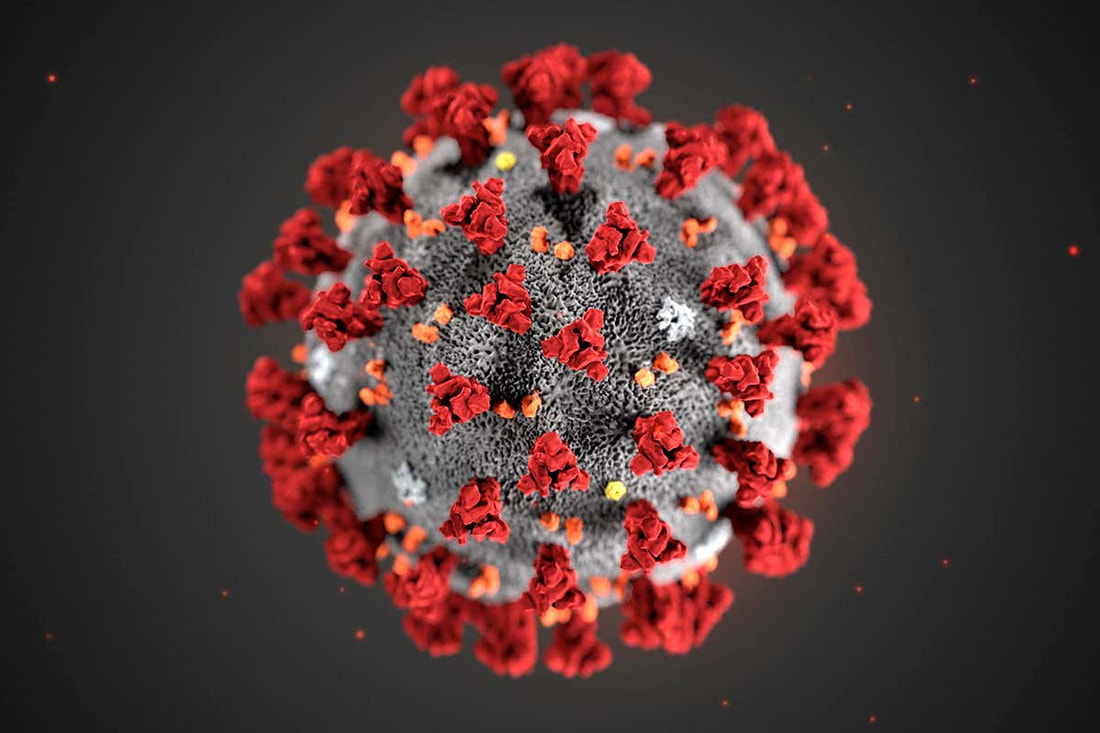Ronit Mor, NDDid you know that your stamina, gut health, blood sugar levels, heart rate variability, inflammation, emotional well-being, and even your ability to create lasting positive social connections, are all directly influenced by your vagus nerve?
The Vagus Nerve The vagus nerve is the longest nerve in the body. It is either one of two cranial nerves which extend from the brain stem all the way to the intestines. It connects the brain to many important organs including the heart, lungs, stomach, intestines, liver, and gallbladder. It’s involved in controlling the immune, cardiovascular, respiratory, and endocrine systems. Ronit Mor, NDExactly What Is A Virus?
Viruses are microscopic organisms that exist almost everywhere on earth. They can infect animals, plants, fungi, and even bacteria. They are considered the most abundant biological entity on the planet. Viruses are tiny, ranging in size from about 20 to 400 nanometers in diameter (see page 9). Billions can fit on the head of a pin. Some are rod shaped; others are round and 20 sided; and yet others have fanciful forms, with multisided “heads” and cylindrical “tails.” Russell Skinner, MDWith our world in the midst of a pandemic and our lives at an unprecedented halt, it’s no secret that many of us are experiencing stress like never before. Every day we are faced with new health issues and circumstances that many of us have never had to navigate before. While anxiety induced by these changes is normal, it’s important to remember that too much of it can have a negative impact on your immune system putting you at a greater risk for health issues.
The Impact of Stress on the Immune System Stressed out? Lonely or depressed? Don't be surprised if you come down with “something”. While we don’t know all of the implications of high stress on the body, we do have an understanding of some of them. Psychology Today states that “the brain and the immune system are in constant communication,” and that “this delicate balance...can be disrupted by any kind of physical and emotional stress.” Some believe that as many as 90% of diseases and illnesses, such as heart disease and cancer, have stress as a causative factor. Ronit Mor, NDTechnically a legume, related to beans and peas, licorice has a rich and ancient history of use as a medicine, being rooted in Indian, Chinese, Greek and Egyptian traditions, alike. Its sweetness results from the presence of glycyrrhizin (or glycyrrhizic acid or glycyrrhizinic acid), a compound 30-50 times sweeter than sugar.
But glycyrrhizin’s properties go way beyond its sweetness; with over 1,500 published studies on the National Institutes of Health's US National Library of Medicine, it is also one of the most powerful antiviral compounds ever studied Russell Skinner, MDA regional virus outbreak in China has morphed into a global scare that now threatens countries all across the world. Cases in America have skyrocketed, with 22 states now being monitored by the Centers for Disease Control (CDC). The CDC is watching a total of 63 potential instances of the Wuhan virus across nearly two dozen states, CNBC reports.
In addition, for the week ending January 11th, The CDC’s Weekly U.S. Influenza Surveillance Report, found that:
Ronit Mor, NDLet’s face it — we could all probably use a little assistance in the sugar department.
The U.S. ranks number one worldwide with the highest sugar consumption per person, currently at 126 grams (that’s 29 teaspoons!) of sugar per person per day. All this extra added sugar is extremely detrimental for your health. Nearly 75 percent of adults in the U.S. get approximately 10 percent of their daily calories from added sugar Ronit Mor, NDThe immune system is made up of many different kinds of cells that protect the body from germs, viruses and other invaders. These cells need to co-exist in a certain balance for good health to be maintained. Many factors, including diet, lifestyle, and exercise can tip this balance, creating immune cells that can harm, rather than protect, our bodies.
Here are a few habits that may leave you vulnerable to disease: You’re ALWAYS stressed |
Archives
October 2022
Categories
All
|
|
FOLLOW US
|
RESOURCES
|
©2020-2024 Ronit Mor LLC. ALL RIGHTS RESERVED
All statements on this website have not been evaluated by the Food and Drug Administration. The content of this website is not intended to diagnose, treat, cure, or prevent any disease.
All statements on this website have not been evaluated by the Food and Drug Administration. The content of this website is not intended to diagnose, treat, cure, or prevent any disease.








 RSS Feed
RSS Feed
